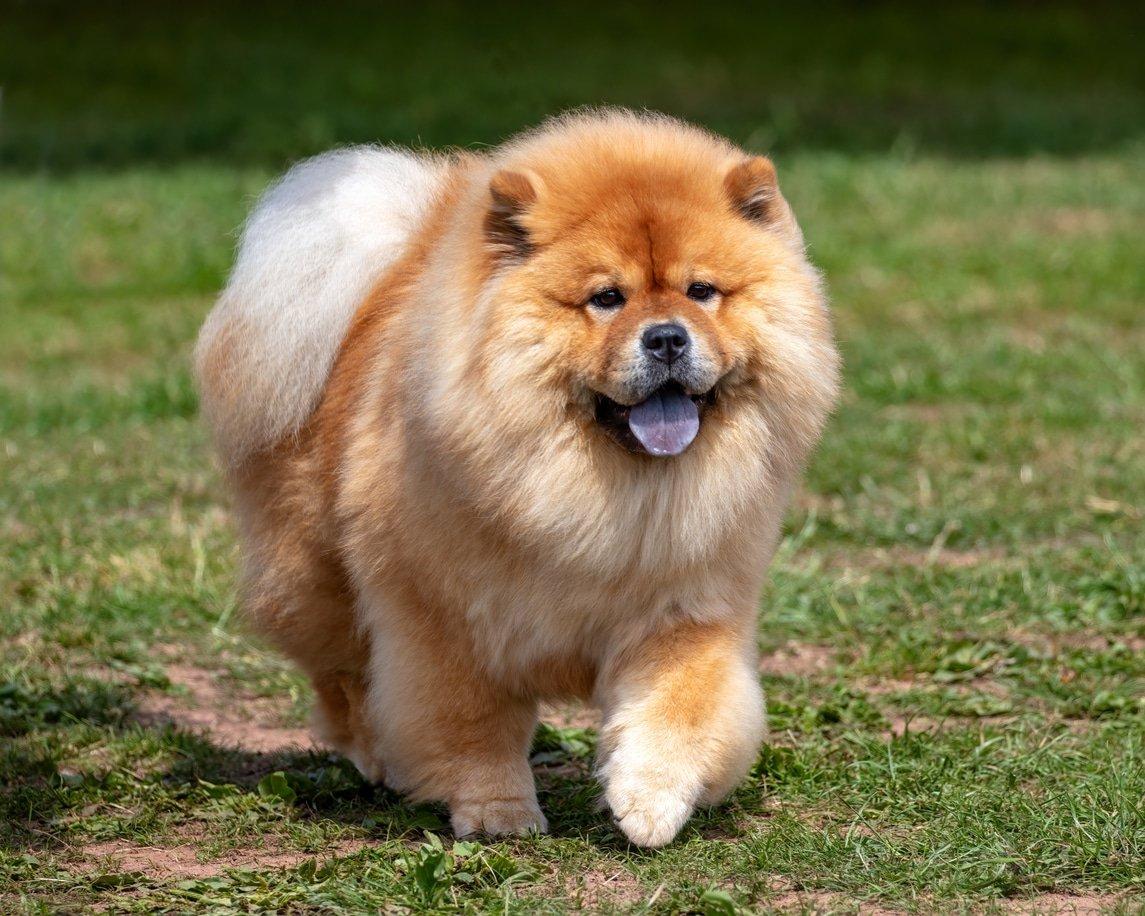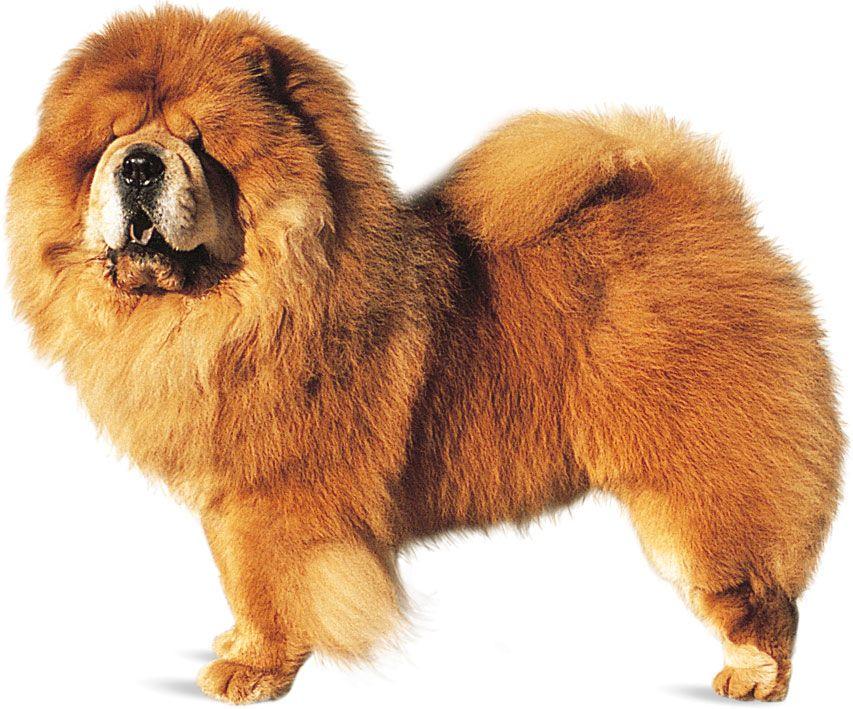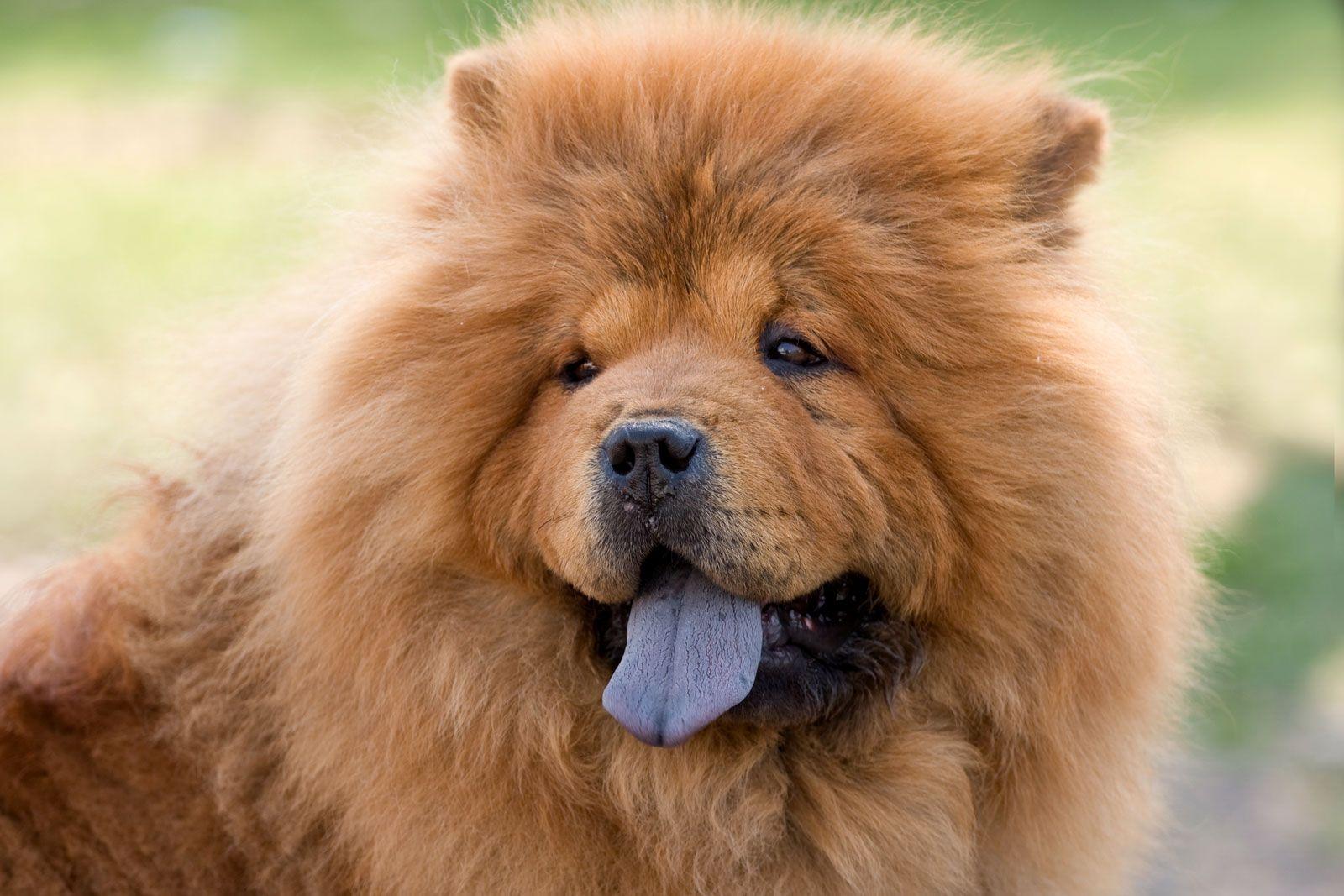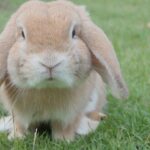Considering adding a furry companion to your family? The Chow Chow, with its distinctive lion-like mane and deep-set eyes, can be an enticing choice for potential pet owners. However, as with any breed, it’s essential to dive deeper into their personality traits and behavioral tendencies before making a commitment. While some may label Chow Chows as aggressive due to their strong-willed nature and protective instincts, it’s crucial to look beyond the stereotypes and understand the nuances of this unique breed.
In this article, we’ll explore whether Chow Chows truly have aggressive tendencies, what factors influence their behavior, and what you need to know to ensure a harmonious relationship with this majestic breed. Whether you’re a first-time dog owner or an experienced pet parent, our friendly and informative guide will help you make an educated decision before welcoming a Chow Chow into your home.
Table of Contents
- Understanding the Chow Chow Temperament and Behavior
- Socialization Tips for Raising a Well-Adjusted Chow Chow
- Identifying Signs of Aggression in Chow Chows
- Creating a Safe and Positive Environment for Your New Companion
- Q&A
- In Summary
Understanding the Chow Chow Temperament and Behavior
The Chow Chow is a breed known for its distinct appearance and unique personality traits. While often perceived as aloof and standoffish, this breed is far more complex. Understanding their temperament requires recognizing their independent nature. They tend to be very loyal to their family but can be wary of strangers. Here are some key characteristics of their temperament:
- Guardianship: Chow Chows have a natural instinct to protect their home and loved ones.
- Stubbornness: Their independent streak can sometimes translate into stubborn behavior, making training a challenge.
- Affectionate: With their families, they can be affectionate and enjoy companionship but often on their terms.
When it comes to behavior, socialization from a young age is crucial. Chow Chows require proper exposure to various people, environments, and other animals to prevent overly aggressive or fearful reactions. Training should be approached with patience and consistency. Here are some essential tips for ensuring positive behavior:
- Socialization: Introduce your Chow Chow to new experiences and individuals during their early developmental stages.
- Positive reinforcement: Use rewards-based training to encourage good behavior and responsiveness.
- Routine: Establishing a daily routine helps them feel secure and reduces anxiety.
Socialization Tips for Raising a Well-Adjusted Chow Chow
Identifying Signs of Aggression in Chow Chows
Understanding the nuances of a Chow Chow’s behavior is essential for prospective owners. These dogs, known for their distinctive lion-like mane and independent nature, may exhibit signs of aggression if they feel threatened or uncomfortable. Key indicators to watch for include:
- Growling or Snapping: A clear warning that your Chow is feeling defensive or irritated.
- Stiff Body Language: When a Chow Chow holds its body rigid and tense, it may be preparing to defend itself.
- Baring Teeth: This is a direct sign of aggression, particularly when combined with a hard stare.
- Tail Position: A high, stiff tail can indicate a heightened state of alertness or aggression.
Socialization plays a crucial role in reducing aggressive tendencies in Chow Chows. Early exposure to different environments, people, and other pets can help them develop a more balanced temperament. It’s important to note that Chow Chows are naturally protective of their families, which can be mistaken for aggression. Observing their behavior in various situations can provide insight into their personality. Here are some subtle signs to look for:
| Behavior | Potential Implication |
|---|---|
| Ears Pinned Back | Fear or submission |
| Excessive Barking | Alertness to a perceived threat |
| Raised Hackles | Feeling threatened or defensive |
Creating a Safe and Positive Environment for Your New Companion
Creating a secure and welcoming atmosphere is essential for your Chow Chow to thrive in its new home. These dogs are known for their loyal and protective nature, so establishing a bond of trust from the very beginning will help mitigate any tendencies toward aggression. Start by providing a designated space where your Chow Chow can feel safe and comfortable. Ensure this area is equipped with essentials like a cozy bed, toys, and fresh water. It’s also important to introduce your new companion to the family and home environment gradually, allowing them to adjust at their own pace.
To foster a positive dynamic, focus on consistent training and socialization. Engage in positive reinforcement techniques to encourage desired behaviors and strengthen your relationship with your Chow Chow. Incorporate the following strategies:
- Positive Reinforcement: Reward good behavior with treats and praise.
- Structured Routine: Maintain a daily schedule for feeding, walks, and playtime.
- Socialization Opportunities: Introduce your dog to various people, pets, and environments early on.
- Safe Spaces: Create areas where your Chow can retreat if feeling overwhelmed.
By prioritizing their comfort and well-being, you will cultivate a harmonious living space that encourages a happy and secure Chow Chow, reducing the risk of aggression and fostering a deep-rooted bond.
Q&A
Q&A:
Q1: Are Chow Chows naturally aggressive dogs?
A1: Chow Chows are not inherently aggressive. They are known for being loyal and protective of their families. However, their temperament can vary based on individual upbringing, socialization, and training. Proper socialization from a young age is crucial to help them develop into well-adjusted companions.
Q2: What factors can influence a Chow Chow’s temperament?
A2: Several factors can influence a Chow Chow’s temperament, including genetics, early socialization experiences, and environmental factors. If a Chow Chow has been poorly socialized, they may become wary or reactive to unfamiliar people and situations. Positive experiences with various stimuli are essential to help shape their behavior.
Q3: How should I socialize a Chow Chow?
A3: Socializing a Chow Chow involves exposing them to a variety of people, pets, environments, and experiences in a positive manner. Start early, if possible, and continue throughout their life. Puppy classes, supervised playdates, and controlled introductions to new experiences can help them become more comfortable and confident.
Q4: Are Chow Chows good with children and other pets?
A4: Chow Chows can be good with children and other pets, especially if they have been properly socialized from a young age. They tend to bond closely with their families but may be reserved or aloof with strangers. Supervision is essential when introducing them to children or other animals to ensure everyone feels safe and comfortable.
Q5: What training approaches work best for Chow Chows?
A5: Positive reinforcement training techniques, such as praise, treats, and play, work best for Chow Chows. They can be independent and strong-willed, so patience and consistency are key. Avoid harsh training methods, as they can lead to fearfulness or aggression. Early obedience training can help establish a good foundation.
Q6: What should I consider before adopting a Chow Chow?
A6: Before adopting a Chow Chow, consider their grooming needs, exercise requirements, and potential health issues. They have a thick coat that requires regular brushing, and they benefit from daily walks and mental stimulation. Additionally, ensure you have the time and commitment to provide proper training and socialization.
Q7: Could a Chow Chow become aggressive in certain circumstances?
A7: Like any dog, a Chow Chow can exhibit aggressive behavior if they feel threatened or cornered. Fear, pain, or lack of proper training can lead to defensive reactions. It’s important to recognize the signs of distress and to avoid situations that may provoke fear or aggression.
Q8: What is the best environment for a Chow Chow?
A8: Chow Chows thrive in a stable, loving environment where they feel secure. They can adapt well to apartment living as long as they receive regular exercise. However, they should have space to roam and explore. A consistent routine and plenty of positive interactions contribute to their overall well-being.
Q9: Is it possible to change an aggressive behavior in a Chow Chow?
A9: Yes, with the right approach, it is possible to modify aggressive behaviors in Chow Chows. Working with a professional dog trainer or a behaviorist can help address specific issues. Training requires time, consistency, and patience, but many dogs can learn to respond positively to their environment.
Q10: Should I adopt a Chow Chow if I have never owned a dog before?
A10: While Chow Chows can make wonderful companions, they may not be the best choice for first-time dog owners. Their independent nature and unique temperament require experienced handling. If you’re a novice owner, consider adopting a breed known for being more forgiving and easier to train while you gain experience.
By understanding the temperament and needs of Chow Chows, you can make an informed decision about whether this breed is the right fit for your household. Always prioritize training, socialization, and commitment to ensure a happy and healthy relationship with your future furry friend!
In Summary
while Chow Chows are known for their unique appearance and strong personalities, understanding their temperament is crucial for any prospective owner. These dogs can exhibit protective and aloof behaviors, which may be perceived as aggression if not properly managed through socialization and training. It’s essential to approach Chow Chow ownership with a commitment to education and a readiness to invest time in building a trusting relationship with your furry companion.
If you’re considering adopting a Chow Chow, remember that every dog is an individual with its own personality and needs. Research, patience, and understanding are key to fostering a loving and harmonious home. By preparing yourself with the right knowledge and tools, you can ensure that your Chow Chow will be a loyal and affectionate member of your family. Happy adopting!


















